Find Help
More Items From Ergsy search
-
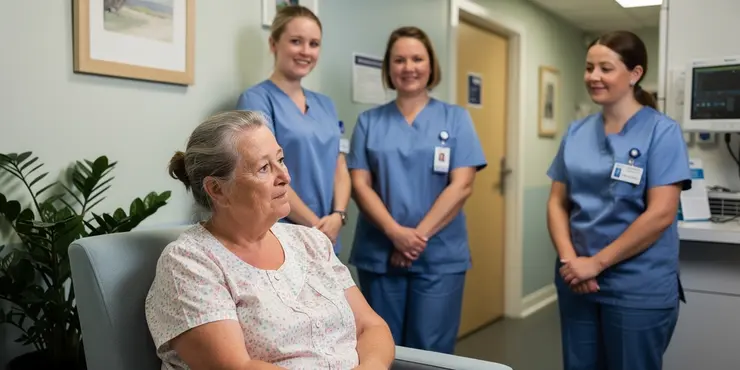
Kirsty | Surviving Suicidal Thoughts
Relevance: 100%
-

Linda | Surviving Suicidal Thoughts
Relevance: 100%
-
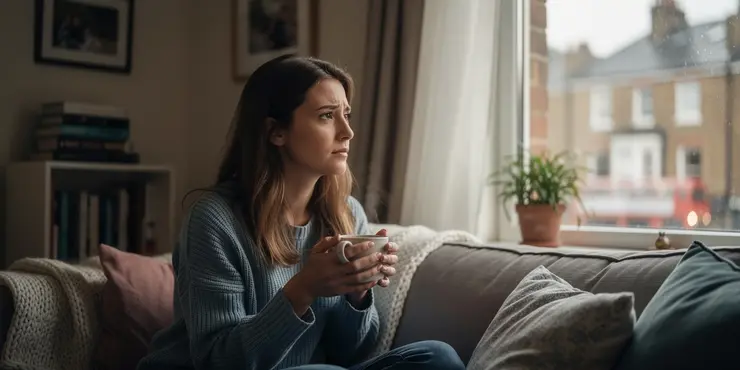
Suicidal Thoughts - Kirsty
Relevance: 81%
-
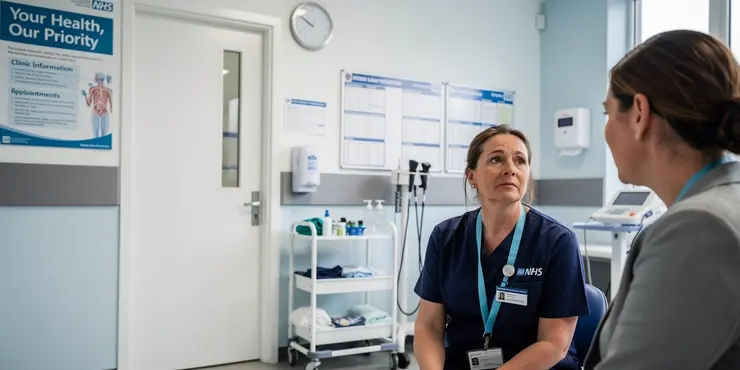
SLaM's Suicide Prevention, Learning and Support Strategy
Relevance: 41%
-

Suicide and Self Harm Prevention Strategy 2023-28
Relevance: 37%
-
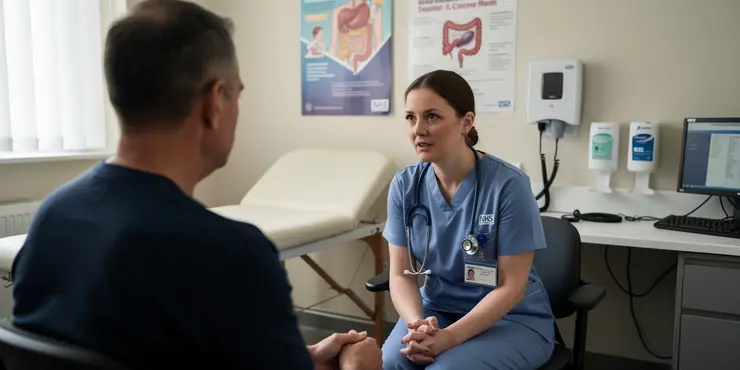
What is the survival rate for bowel cancer?
Relevance: 32%
-
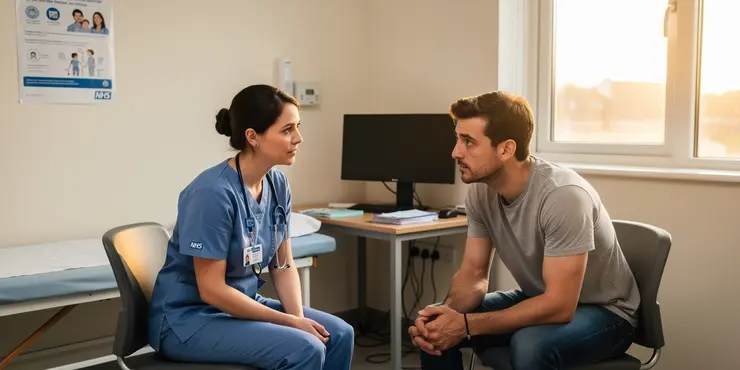
What is the survival rate for testicular cancer?
Relevance: 32%
-
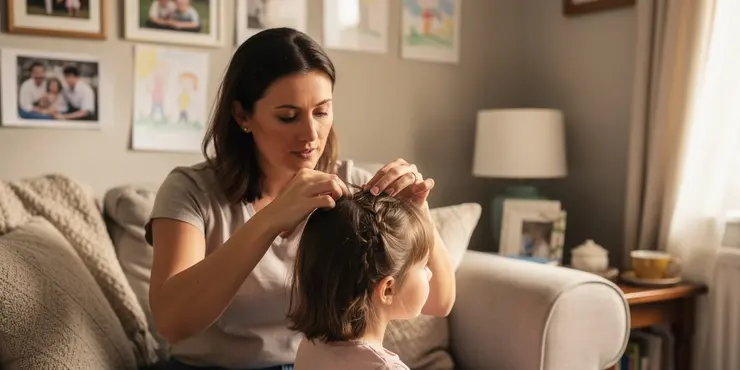
Can nits survive on furniture or clothing?
Relevance: 29%
-
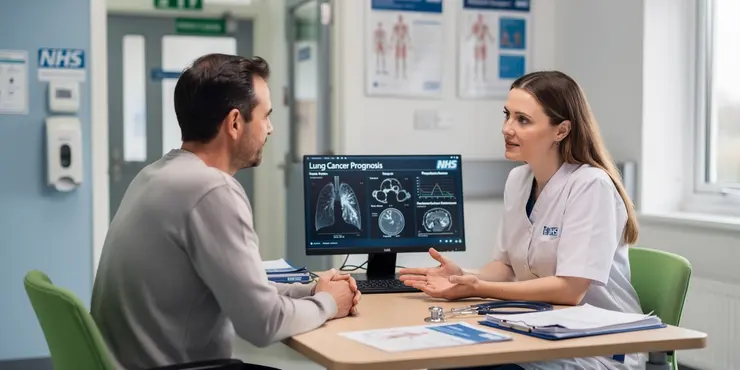
Can AI predict lung cancer survival rates?
Relevance: 27%
-
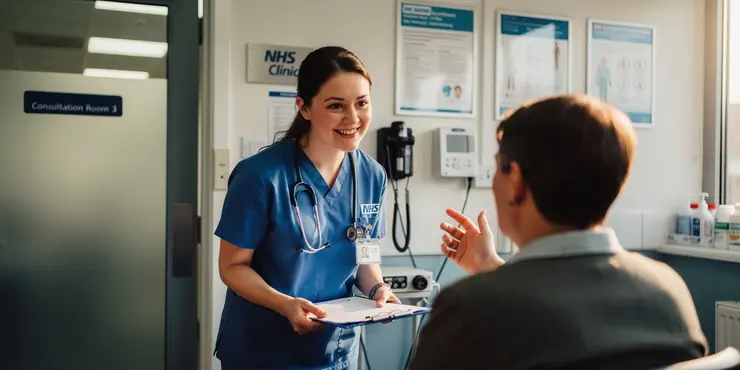
How does the bacteria Yersinia pestis survive between outbreaks?
Relevance: 21%
-

Dr Hilary Jones shares his professional and personal thoughts on Colten Care
Relevance: 18%
-

What are the symptoms of postnatal depression?
Relevance: 18%
-
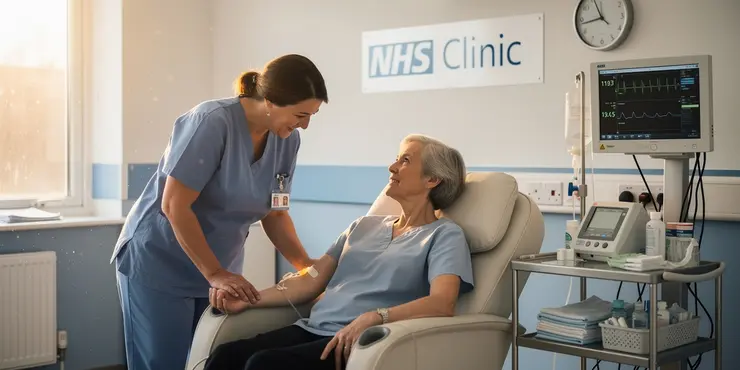
What conditions is ketamine used to treat?
Relevance: 14%
-

Small Talk Saves Lives
Relevance: 14%
-

What are the symptoms of SAD?
Relevance: 13%
-
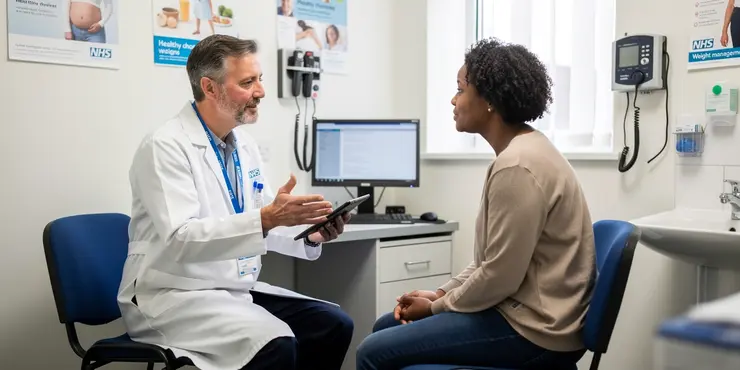
What are the less common but serious side effects of weight loss drugs?
Relevance: 13%
-
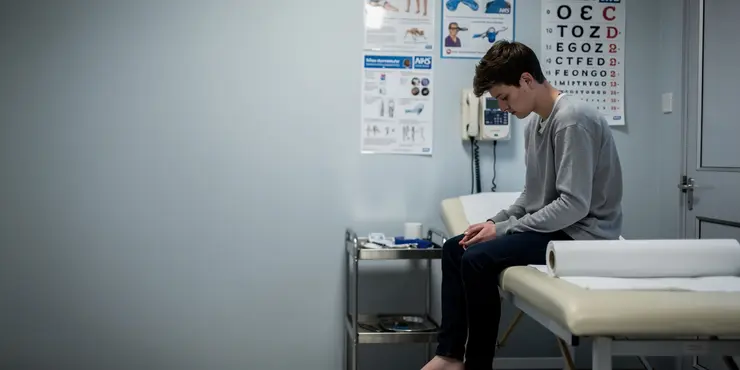
Self Harm
Relevance: 12%
-

How long can mites live without a human host?
Relevance: 12%
-
What is body dysmorphia and how is it related to eating disorders?
Relevance: 12%
-
What are the long-term effects of untreated eating disorders?
Relevance: 11%
-
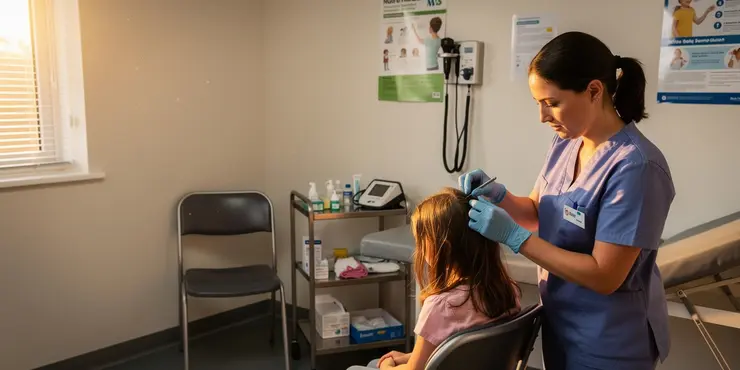
Do nits live off the scalp?
Relevance: 11%
-
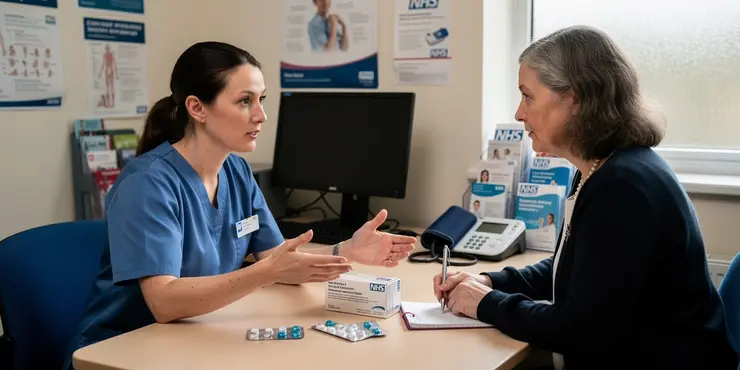
Are there any contraindications for using Wegovy?
Relevance: 10%
-

How does the loneliness epidemic impact mental health?
Relevance: 10%
-

Should You Get Life Insurance UK | Life Insurance & Life Assurance
Relevance: 10%
-
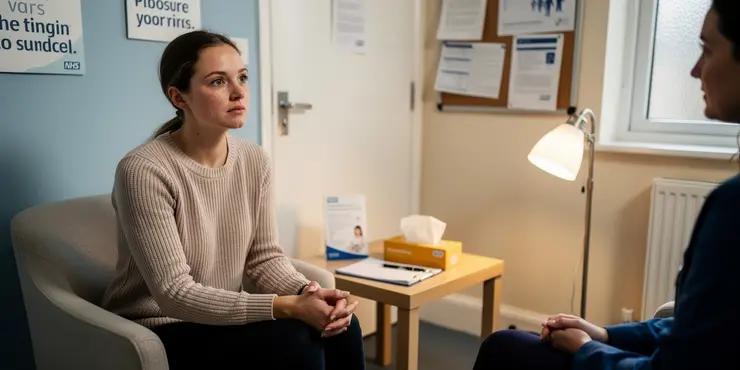
How do eating disorders affect mental health?
Relevance: 10%
-

What is the role of a defibrillator in CPR?
Relevance: 10%
-
Talking about self-harm | NHS
Relevance: 9%
-
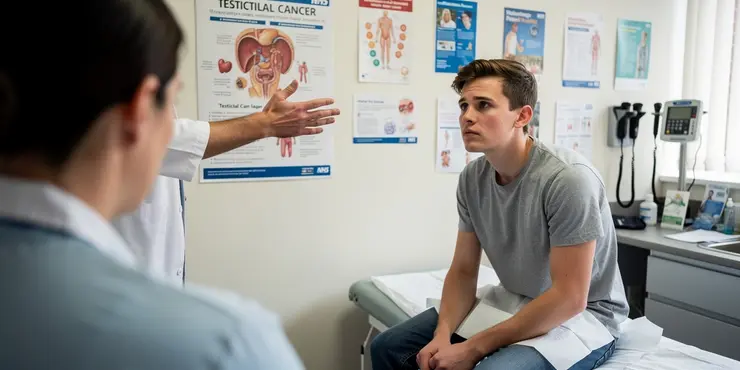
What is testicular cancer?
Relevance: 9%
-

Can concussions lead to mental health issues?
Relevance: 9%
-
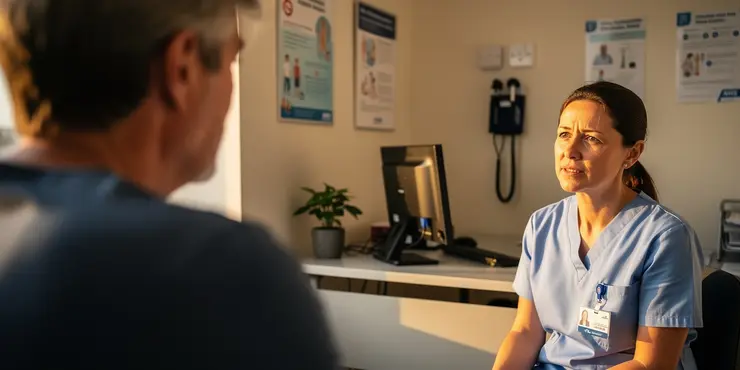
Can HIV be transmitted through insect bites?
Relevance: 9%
-
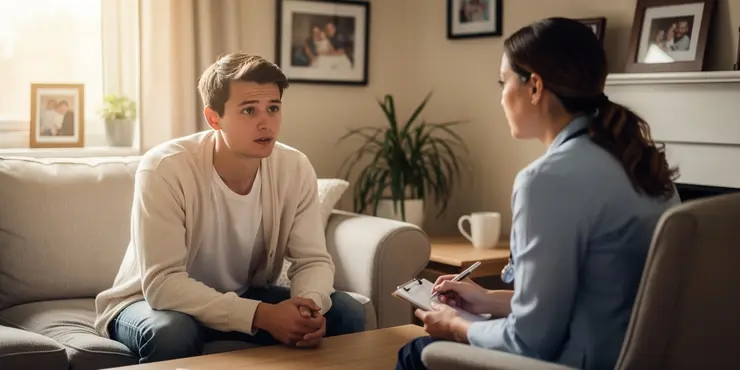
Can testicular cancer spread to other parts of the body?
Relevance: 9%
-
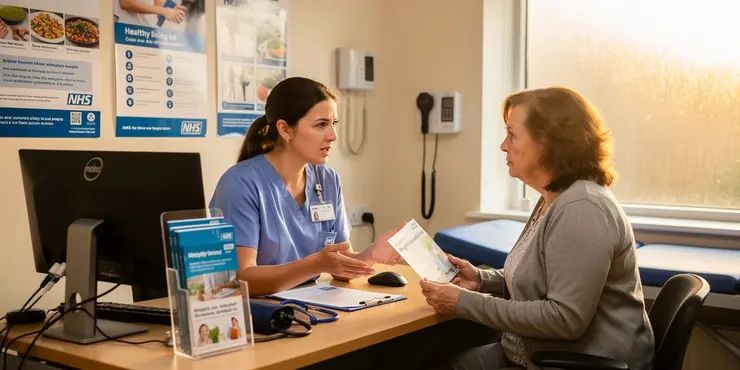
What are common side effects of weight loss drugs?
Relevance: 9%
-
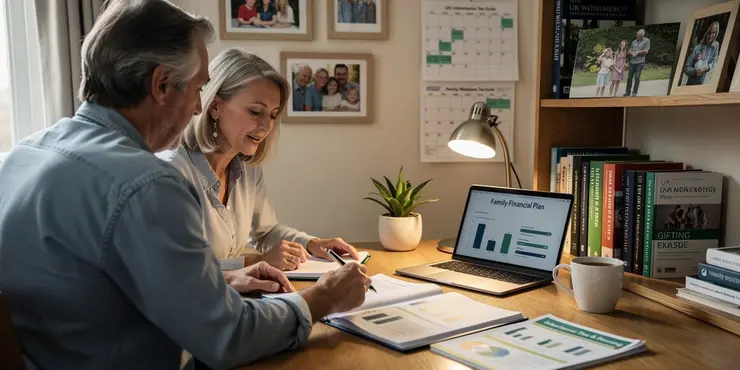
Can gifting reduce future inheritance tax liabilities?
Relevance: 9%
-
How does binge drinking affect mental health?
Relevance: 9%
-
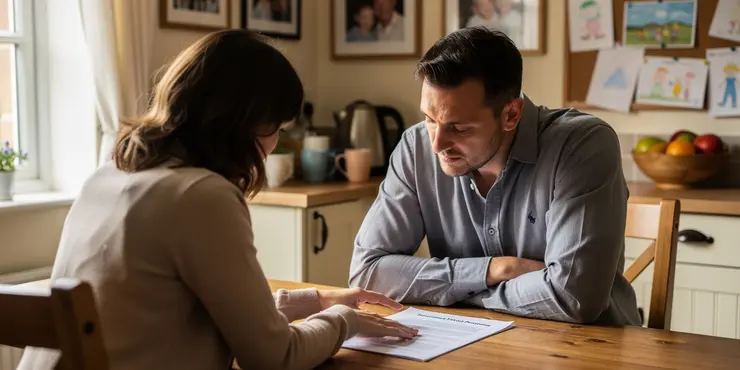
Is there any inheritance tax exemption for spouses or civil partners?
Relevance: 9%
-
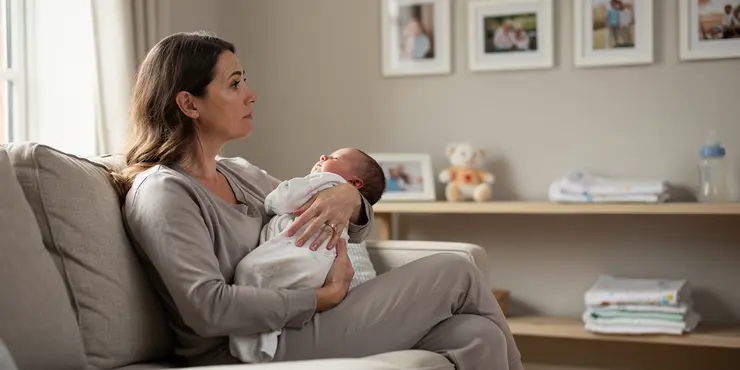
How do I know if I have postnatal depression? | NHS
Relevance: 9%
-
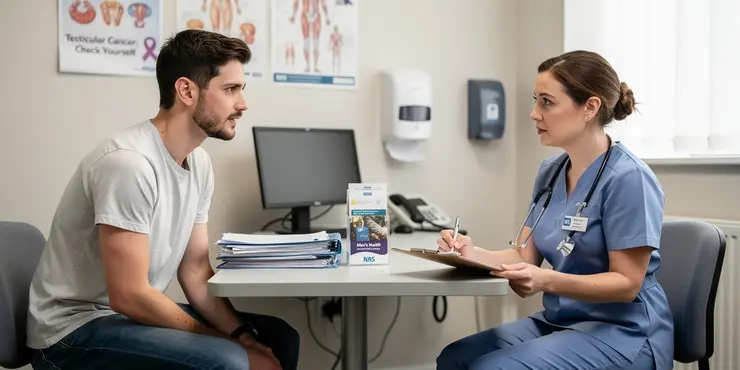
How common is testicular cancer?
Relevance: 9%
-

What are the benefits of regular mammograms?
Relevance: 9%
-
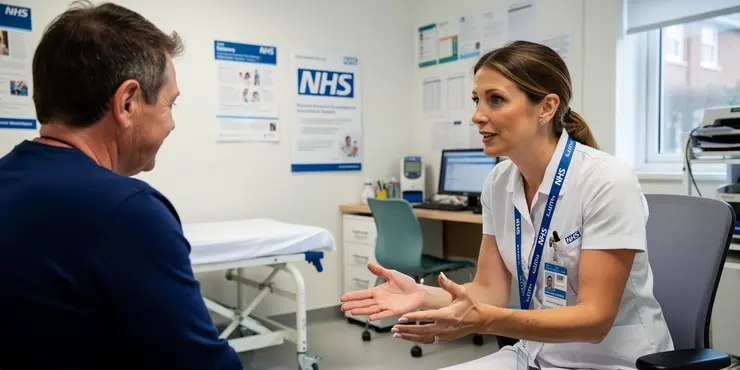
Treating anxiety and depression - www.slam.nhs.uk
Relevance: 8%
-
How does cognitive-behavioral therapy help with health-related anxiety?
Relevance: 8%
Linda | Surviving Suicidal Thoughts
An Introduction to Linda's Journey
Linda, a 35-year-old resident of Manchester, United Kingdom, has fought a battle many find difficult to comprehend. Like countless others, she has experienced the crushing weight of suicidal thoughts, an invisible yet formidable adversary. Through her perseverance, resilience, and the support of various resources, Linda's journey serves as a beacon of hope for those struggling with similar challenges.Understanding the Onset of Suicidal Thoughts
For Linda, the onset of suicidal thoughts was gradual. The pressures of daily life, coupled with past traumas, led to feelings of isolation, despair, and hopelessness. It's crucial to recognise that suicidal thoughts can affect anyone, regardless of their background or circumstances. In the UK, mental health issues are increasingly recognised, with organisations and communities fostering a supportive environment for those in need.Seeking Help and Building a Support Network
Realising she needed help, Linda reached out to local mental health services. The NHS offers extensive support, including helplines, counselling, and therapy. Linda found solace in cognitive-behavioural therapy (CBT) and through support groups where she could share her experiences without judgment. For those facing similar struggles, it's vital to lean on trusted individuals, whether they are friends, family, or healthcare professionals.The Power of Daily Coping Mechanisms
Building a routine that prioritised mental well-being became key for Linda. Her daily coping mechanisms included mindfulness exercises, physical activities like jogging in the local parks, and creative outlets such as painting. Engaging in these activities provided her a sense of control and purpose, essential elements in mitigating the recurring negative thoughts.Raising Awareness and Advocacy
Linda's experience has compelled her to advocate for mental health awareness. She actively participates in community outreach programs and shares her story to destigmatise suicidal thoughts and encourage others to seek help. Raising awareness is crucial in changing public perception and providing a supportive environment for those in distress.Conclusion: A Message of Hope
Linda’s story is a testament to the strength of the human spirit and the importance of seeking help. Surviving suicidal thoughts is an ongoing process that requires compassion, understanding, and resilience. If you or someone you know is struggling, remember that help is available. In the UK, organisations like Samaritans, Mind, and NHS mental health services are ready to support those in need. Reaching out can be the first step towards recovery and a brighter future.Linda | Surviving Suicidal Thoughts
Meet Linda
Linda is 35 years old and lives in Manchester, UK. She has been very sad and thought about hurting herself. This is called having suicidal thoughts. Linda's story shows how she got better with help and support.Why Linda Felt This Way
Linda's sad thoughts started slowly. Everyday problems and bad things from her past made her feel alone and sad. Anyone can have these thoughts, no matter who they are. In the UK, more people know about mental health and want to help.Getting Help and Support
Linda knew she needed help. She talked to NHS mental health services. They have helplines, counselling, and therapy. Linda liked something called cognitive-behavioural therapy (CBT). She also joined support groups and shared her feelings. It's important to talk to people you trust, like friends, family, or doctors.Things That Helped Linda Feel Better
Linda made a daily routine to help her mind feel good. She did mindfulness exercises, went jogging, and painted. These activities helped her feel in control and happy.Helping Others Understand
Linda now talks to people about mental health. She helps in community programs and shares her story. This helps other people understand and feel okay to ask for help too.A Hopeful Message
Linda's story shows how strong we can be and why getting help is important. If you or someone you know feels this way, remember help is there. In the UK, you can talk to Samaritans, Mind, or NHS mental health services. Asking for help can lead to feeling better and happier times.Frequently Asked Questions
What should I do if I’m having suicidal thoughts?
If you are having suicidal thoughts, it is crucial to seek help immediately. You can contact the Samaritans at 116 123 or reach out to a trusted friend or family member.
How can I help a friend who is feeling suicidal?
Encourage your friend to talk about their feelings and listen without judgment. Suggest they seek professional help and offer to accompany them if they feel scared. Remind them they are not alone.
What are the signs that someone might be suicidal?
Signs can include talking about wanting to die, expressing feelings of hopelessness, withdrawing from social activities, and exhibiting extreme mood swings.
Is there a difference between feeling down and being suicidal?
Yes, feeling down is a general sense of sadness or depression, whereas being suicidal involves a desire to end one’s life. Professional help is recommended for anyone experiencing suicidal thoughts.
Can talking about suicide make someone more likely to attempt it?
Talking about suicidal thoughts does not increase the likelihood of an attempt. It can help reduce the sense of isolation and can encourage the person to seek help.
What resources are available in the UK for someone experiencing suicidal thoughts?
Resources include the Samaritans (116 123), NHS Mental Health Services, Mind, and local crisis teams.
How can I manage my mental health to prevent suicidal thoughts?
Maintain a healthy lifestyle, stay connected with loved ones, seek professional mental health support when needed, and engage in activities that bring you joy and fulfillment.
What should I do if I suspect my child is having suicidal thoughts?
Talk to your child openly and calmly about their feelings. Seek professional help immediately and ensure they know they have your full support.
Are there specific groups at higher risk of suicide?
Certain groups may be at higher risk, including individuals with mental health conditions, those experiencing severe life stressors, and people with a history of substance abuse.
What coping strategies can help reduce suicidal thoughts?
Coping strategies include talk therapy, medication, mindfulness exercises, developing a strong support network, and engaging in physical activities.
How can employers support employees who may have suicidal thoughts?
Employers can educate themselves and staff about mental health, provide access to mental health resources, create a supportive environment, and encourage open communication.
What is the role of therapy in treating suicidal ideation?
Therapy can help individuals explore the underlying causes of their suicidal thoughts, develop coping mechanisms, and work on strategies to manage their mental health.
Can medication help with suicidal thoughts?
Yes, medication can be an effective part of treatment for those experiencing suicidal thoughts, particularly when combined with therapy and other supports.
Is there a crisis hotline available in the UK?
Yes, the Samaritans provide a 24/7 crisis hotline that can be reached at 116 123.
What should I do if I am in immediate danger of harming myself?
If you are in immediate danger, call emergency services at 999 or go to the nearest Accident & Emergency (A&E) department.
What to Do if You Feel Like Hurting Yourself
If you are thinking about hurting yourself, tell someone right away. You can talk to a trusted adult like a parent, teacher, or doctor.
Call a helpline. They have people you can talk to at any time. They are there to help you.
Use your phone or computer to text or chat with someone who can help. There are apps that can support you too.
Remember, you are not alone. People care about you and want to help you feel better.
If you feel very sad and think about hurting yourself, get help right away. You can call the Samaritans at 116 123. You can also talk to someone you trust, like a friend or family member.
How can I help a friend who feels very sad and wants to hurt themselves?
If your friend feels very sad and talks about wanting to hurt themselves, you can help them.
Here are some ways to help:
- Listen: Let your friend talk about their feelings. Be kind and listen carefully.
- Be there: Stay with your friend if they feel very upset. They will feel better if they are not alone.
- Tell an adult: Find a grown-up who can help. This could be a teacher, a parent, or another trusted person.
- Talk to a help line: You can call a special phone line that helps people who feel this way. They can talk to you and your friend.
- Encourage: Tell your friend to talk to someone who can help, like a doctor or a counselor.
Remember, it is very important to get help from adults and professionals. You are helping by being a good friend and telling someone who can help.
Tell your friend it is okay to talk about their feelings. Listen to them without saying anything bad. Say they can talk to a doctor for help. Offer to go with them if they feel worried. Let them know you are there to help.
What are the signs that someone might want to hurt themselves?
It can be hard to tell if someone is feeling very sad or thinking about hurting themselves. Here are some things to watch out for:
- They talk about wanting to hurt themselves.
- They say they feel hopeless, like things will never get better.
- They seem very angry or want to get back at people.
- They stop doing things they used to enjoy.
- They give away their favorite things.
- They start saying goodbye to people as if they won't see them again.
- They might sleep a lot or not at all.
- They might eat a lot more or a lot less than usual.
If you notice these signs in someone, try talking to them and let them know you care. Encourage them to talk to a grown-up or a counselor who can help. You can also tell a trusted adult so they can help too.
Signs can be:
- Talking about wanting to die.
- Saying they feel very sad or hopeless.
- Not wanting to be with friends or family.
- Having big mood changes.
If you notice these signs, it's important to talk to a trusted adult. You can also use tools like picture cards to help explain your feelings.
What's the difference between feeling sad and thinking about ending your life?
Feeling sad is when you feel unhappy for a little while. It might happen if something bad happens, like losing a toy or missing a friend. But you know these feelings will get better soon.
Thinking about ending your life is very serious. It means you feel so sad and hurt that you don’t want to keep living. If you ever feel this way, it's really important to talk to a trusted adult, like a parent, teacher, or counselor, who can help you.
To feel better when you’re sad, try:
- Talking to someone you trust
- Drawing or writing about your feelings
- Playing your favorite game
- Listening to happy music
Remember, it's okay to ask for help. You are not alone.
Feeling sad is when you feel unhappy. It can happen to anyone. But feeling like you want to hurt yourself means you want to end your life. It is very important to talk to someone who can help, like a doctor or counselor, if you feel this way.
Can talking about suicide make someone try it?
Talking about suicide does not make someone try it. It can help them feel better. It is good to share feelings. It is important to listen and support them.
If you are worried, talk to a trusted adult or a counsellor. They can help. There are also hotlines you can call for support. Remember, talking can help people feel less alone.
Talking about feeling like you want to hurt yourself does not make it more likely you will try. It can help make you feel less alone. It can also help you feel ready to ask for help.
What help can someone in the UK get if they feel like hurting themselves?
If you feel very sad and want to hurt yourself, there is help for you.
Talk to someone you trust, like a friend or family member.
You can call a special phone number for help:
- Samaritans: Call 116 123 anytime, day or night.
You can also talk to your doctor. They can help you feel better.
Try writing down your feelings in a diary. It might help you understand them better.
Remember, you are not alone. Many people want to help you.
If you need help, here are some places you can call:
- The Samaritans: Call 116 123
- NHS Mental Health Services
- Mind
- Your local crisis team
How can I take care of my feelings and stop thinking about hurting myself?
Take care of your health, talk to family and friends, get help from a doctor or counselor if you need it, and do things that make you happy.
What can I do if I think my child is thinking about hurting themselves?
If you think your child might hurt themselves, it is very important to help them. Here are some steps you can take:
- Talk to them: Ask your child if they are feeling sad or thinking about hurting themselves. Let them know it's okay to share their feelings with you.
- Listen carefully: Hear what your child is saying. Be patient and understanding. This can help them feel safe to open up.
- Get support: Talk to a doctor or a counselor who can help. They know how to support children who feel this way.
- Stay close: Spend time with your child. Make sure they know you care about them and love them.
These actions can help your child feel better. Remember, you are not alone, and there are people who can help you and your child.
Talk to your child in a kind and calm way about how they feel. Get help from a doctor or a counselor right away. Let your child know you are there for them no matter what.
Who is more at risk of suicide?
Some people are more at risk of wanting to harm themselves.
Here are some examples:
- People who are very sad or depressed.
- People who feel alone.
- People who have been hurt by others.
- People with big stress or worries.
If you feel this way, talk to someone you trust.
Helpful tools or techniques:
- Call a help line to talk to someone.
- Write down your feelings in a journal.
- Talk to a friend or family member.
- See a doctor or counselor.
Some people have a bigger chance of needing help. This can include people who feel very worried or sad, those who have big problems in their life right now, and people who have used drugs or alcohol a lot in the past.
What can help if you feel very sad or want to hurt yourself?
Here are some ways to feel better:
- Talk to someone who can help, like a therapist.
- Take medicine if a doctor says it's okay.
- Try mindfulness, like deep breathing or meditating.
- Have friends and family around you to help.
- Play or exercise to keep your body active.
How can bosses help workers who might feel very sad or think about hurting themselves?
Bosses can do things to help workers feel better.
- Talk to them and listen kindly.
- Make work a nice place to be.
- Tell them about people who can help, like counselors.
- Give them a break if they need it.
- Learn about mental health to understand more.
Use phones or tablets to find apps that can help people feel better.
Bosses can learn about mental health and teach their workers too. They can give workers tools to help with mental health. They can make the workplace a friendly place and tell everyone it's okay to talk about their feelings.
How can talking to someone help if you feel like hurting yourself?
Therapy can help people understand why they feel like hurting themselves. It can also teach them ways to feel better and stay healthy.
Can Medicine Help with Suicidal Thoughts?
If you feel very sad and have thoughts about hurting yourself, medicine might help. Medicine can make your mind feel better and help stop those thoughts.
It is important to talk to a doctor. They can help you find the right medicine. They may also suggest talking to someone, like a counselor. This can help you feel better too.
There are tools that can help you when you feel sad:
- Talk to someone you trust.
- Write down your feelings in a journal.
- Draw or paint to express your emotions.
- Use calming apps or listen to soothing music.
Yes, medicine can help people who are thinking about hurting themselves. It works best with talking therapy and other help.
Is there a phone number to call in the UK for help in a crisis?
Yes, you can call the Samaritans anytime if you need help. They have a phone line that is open all day and all night. Just call 116 123.
What should I do if I might hurt myself right now?
If you are in danger right now, call 999 or go to the nearest hospital with an Accident & Emergency (A&E) department.
Useful Links
This website offers general information and is not a substitute for professional advice.
Always seek guidance from qualified professionals.
If you have any medical concerns or need urgent help, contact a healthcare professional or emergency services immediately.
Some of this content was generated with AI assistance. We’ve done our best to keep it accurate, helpful, and human-friendly.
- Ergsy carfully checks the information in the videos we provide here.
- Videos shown by Youtube after a video has completed, have NOT been reviewed by ERGSY.
- To view, click the arrow in centre of video.
- Most of the videos you find here will have subtitles and/or closed captions available.
- You may need to turn these on, and choose your preferred language.
- Go to the video you'd like to watch.
- If closed captions (CC) are available, settings will be visible on the bottom right of the video player.
- To turn on Captions, click settings .
- To turn off Captions, click settings again.
More Items From Ergsy search
-

Kirsty | Surviving Suicidal Thoughts
Relevance: 100%
-

Linda | Surviving Suicidal Thoughts
Relevance: 100%
-

Suicidal Thoughts - Kirsty
Relevance: 81%
-

SLaM's Suicide Prevention, Learning and Support Strategy
Relevance: 41%
-

Suicide and Self Harm Prevention Strategy 2023-28
Relevance: 37%
-

What is the survival rate for bowel cancer?
Relevance: 32%
-

What is the survival rate for testicular cancer?
Relevance: 32%
-

Can nits survive on furniture or clothing?
Relevance: 29%
-

Can AI predict lung cancer survival rates?
Relevance: 27%
-

How does the bacteria Yersinia pestis survive between outbreaks?
Relevance: 21%
-

Dr Hilary Jones shares his professional and personal thoughts on Colten Care
Relevance: 18%
-

What are the symptoms of postnatal depression?
Relevance: 18%
-

What conditions is ketamine used to treat?
Relevance: 14%
-

Small Talk Saves Lives
Relevance: 14%
-

What are the symptoms of SAD?
Relevance: 13%
-

What are the less common but serious side effects of weight loss drugs?
Relevance: 13%
-

Self Harm
Relevance: 12%
-

How long can mites live without a human host?
Relevance: 12%
-
What is body dysmorphia and how is it related to eating disorders?
Relevance: 12%
-
What are the long-term effects of untreated eating disorders?
Relevance: 11%
-

Do nits live off the scalp?
Relevance: 11%
-

Are there any contraindications for using Wegovy?
Relevance: 10%
-

How does the loneliness epidemic impact mental health?
Relevance: 10%
-

Should You Get Life Insurance UK | Life Insurance & Life Assurance
Relevance: 10%
-

How do eating disorders affect mental health?
Relevance: 10%
-

What is the role of a defibrillator in CPR?
Relevance: 10%
-
Talking about self-harm | NHS
Relevance: 9%
-

What is testicular cancer?
Relevance: 9%
-

Can concussions lead to mental health issues?
Relevance: 9%
-

Can HIV be transmitted through insect bites?
Relevance: 9%
-

Can testicular cancer spread to other parts of the body?
Relevance: 9%
-

What are common side effects of weight loss drugs?
Relevance: 9%
-

Can gifting reduce future inheritance tax liabilities?
Relevance: 9%
-
How does binge drinking affect mental health?
Relevance: 9%
-

Is there any inheritance tax exemption for spouses or civil partners?
Relevance: 9%
-

How do I know if I have postnatal depression? | NHS
Relevance: 9%
-

How common is testicular cancer?
Relevance: 9%
-

What are the benefits of regular mammograms?
Relevance: 9%
-

Treating anxiety and depression - www.slam.nhs.uk
Relevance: 8%
-
How does cognitive-behavioral therapy help with health-related anxiety?
Relevance: 8%


